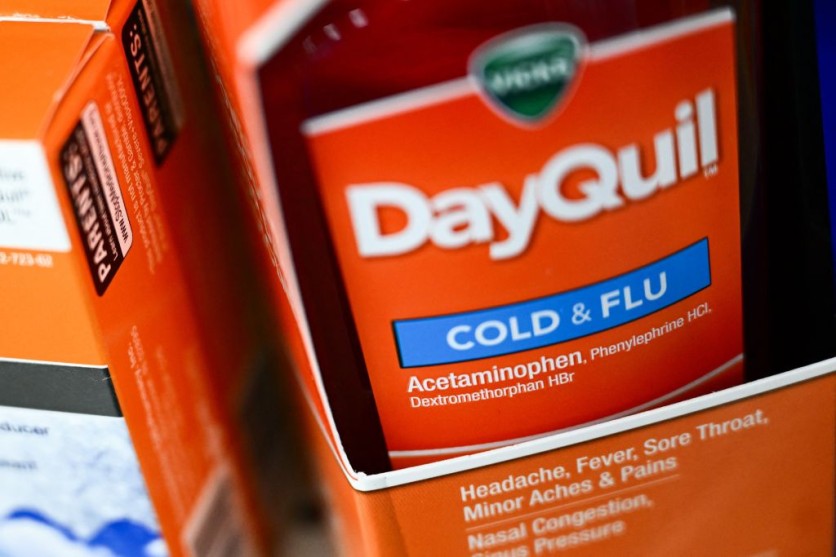A Food and Drug Administration (FDA) advisory group determined on Tuesday that phenylephrine, a fundamental component of many over-the-counter (OTC) cold and allergy drugs, is inefficient for treating nasal congestion.
The panel unanimously came to the conclusion that affects oral phenylephrine formulations and is anticipated to affect the OTC cold and allergy medicine industry, where tablets are preferred.
Phenylephrine, found in Sudafed PE, Vicks Nyquil Sinex Nighttime Sinus Relief, and Benadryl Allergy Plus Congestion, was the most popular oral decongestant in the US last year, earning nearly $1.8 billion, according to FDA data presented Monday, per NBC News. The medicine was believed to be effective at clearing up congestion by decreasing nasal blood vessel enlargement.
The FDA panel's ruling supports the FDA's research indicating oral phenylephrine does little to alleviate nasal congestion.
What Will Happen Next?
FDA committee member Dr. Diane Ginsburg of the University of Texas at Austin College of Pharmacy stressed the importance of drug effectiveness: "We really shouldn't have products on the market that are not effective," as quoted by CNN.
The FDA has committed to consider the advisory panel's suggestion, but no decision date has been set. If the FDA downgrades phenylephrine from "Generally Recognized as Safe and Effective" (GRASE), stakeholders may comment and give further information.
According to CNN, firms would still be able to advertise phenylephrine-containing items throughout this procedure. If the FDA were to agree with the committee's judgment, however, companies may be required to either remove phenylephrine-containing goods from store shelves or reformulate them.
This categorization, commonly used for older medications, allows OTC product makers to add ingredients without FDA approval. Without this certification, phenylephrine-containing goods may be removed from shop shelves, prompting the creation of new formulations.

Long-Standing Doubt on Phenylephrine Efficacy
Phenylephrine was first permitted for over-the-counter usage by the FDA in the 1970s, but its use increased when laws restricting access to OTC medications containing a similar decongestant chemical known as pseudoephedrine were passed in 2005.
Following restrictions on pseudoephedrine due to cases of misuse, phenylephrine was substituted for it in numerous over-the-counter cold and allergy medications, according to a Reuters report.
Notably, an FDA committee looked into the relevant scientific evidence in 2007 and came to the opinion that phenylephrine "may be effective." Three extensive clinical studies since then have shown that oral phenylephrine at the recommended dosage is ineffective as a decongestant.
Further studies supporting OTC phenylephrine usage were inconsistent and did not meet contemporary scientific standards, according to the FDA committee.





